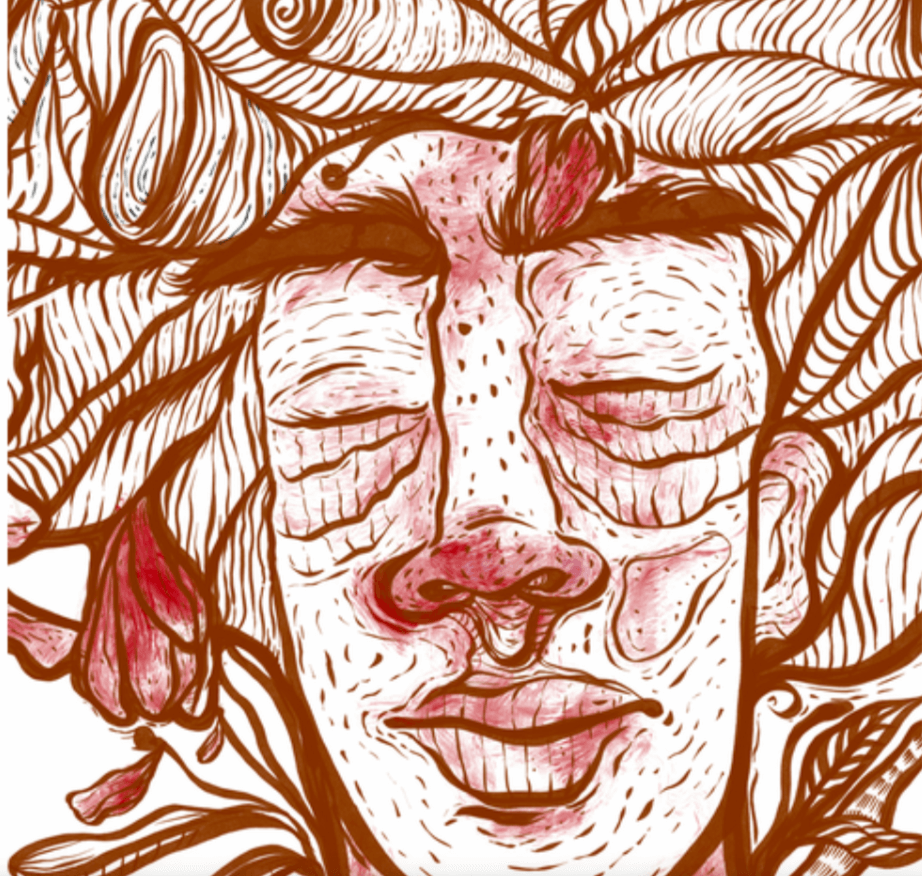
Group of harassers hand out popcorn and soda to onlookers
Al Hudoud is an Arabic news publication focused on satirical journalism. When asked how they deal with gender, their editor-in-chief Isam Uraiqat says “we deal with issues through satire, not plain humour.”
“We don’t make fun of the issue, but of the people, the culprits and society,” he adds. “Communicating these issues in most traditional formats falls on deaf ears and usually preaches to the converted. We believe we are able to reach a bigger and much more diverse audience with satire and in this way challenge the way they see society and themselves.”
Al Hudoud’s stories are perceived by some readers as highlighting the absurdities of male guardianship, cleverly dissecting gender norms and masterfully shaming society for tolerating sexual harassment. At the same time, the stories “arouse strong emotions which are actually rarely just laughter. Sometimes it truly is just tears because of the seriousness of the issues,” according to Uraiqat. “Our audiences mostly react with mixed feelings. Even those who also laugh when they read our articles, still take the issues seriously. Many don’t perceive our satire as funny necessarily or as just entertainment. But at the end it is always different how people deal with it, which is great because it sparks a lot of deep conversations on these topics.”
A group of sexual harassers took the initiative to distribute Pepsi and popcorn to a number of passers-by who noticed their new show on the street and decided to stop to watch and enjoy it.
One of harassers, K.A., said the distribution of Popcorn and Pepsi was a gesture of thanks and appreciation for the progress of society and its increasing openness and acceptance of sexual harassment with the passage of time. “We used to harass girls out of people’s sight and had to hide in dark alleys and dangerous neighborhoods. We are now able to exercise our activity in front of everyone in broad daylight, and even we received the support and encouragement we need to continue our careers and develop our skills,” he said.
For his part, an audience member confirmed that he would have intervened to stop the harassment had it not been for social stigma. “I began walking towards them, but I stopped upon noticing that some of them had taken off their pants and shirts, and I feared that I would embarrass them by reminding them that I and the rest of the onlookers could see their genitals, because that contradicts our customs and traditions”.
As for human rights activist Samer Fuqaat, he confirmed that he was deeply shocked by these actions. “I did not expect the news to circulate so broadly on social media, and in newspapers and television channels instead of being covered up so that foreigners don’t perceive us as a backward country”.
The article was originally published 23 August 2017 by Al Hudoud. Read the original here.
Translated and edited by AlJumhuriya/Docstream
Navigating a changing world: Media´s gendered prism
IMS media reader on gender and sexuality


